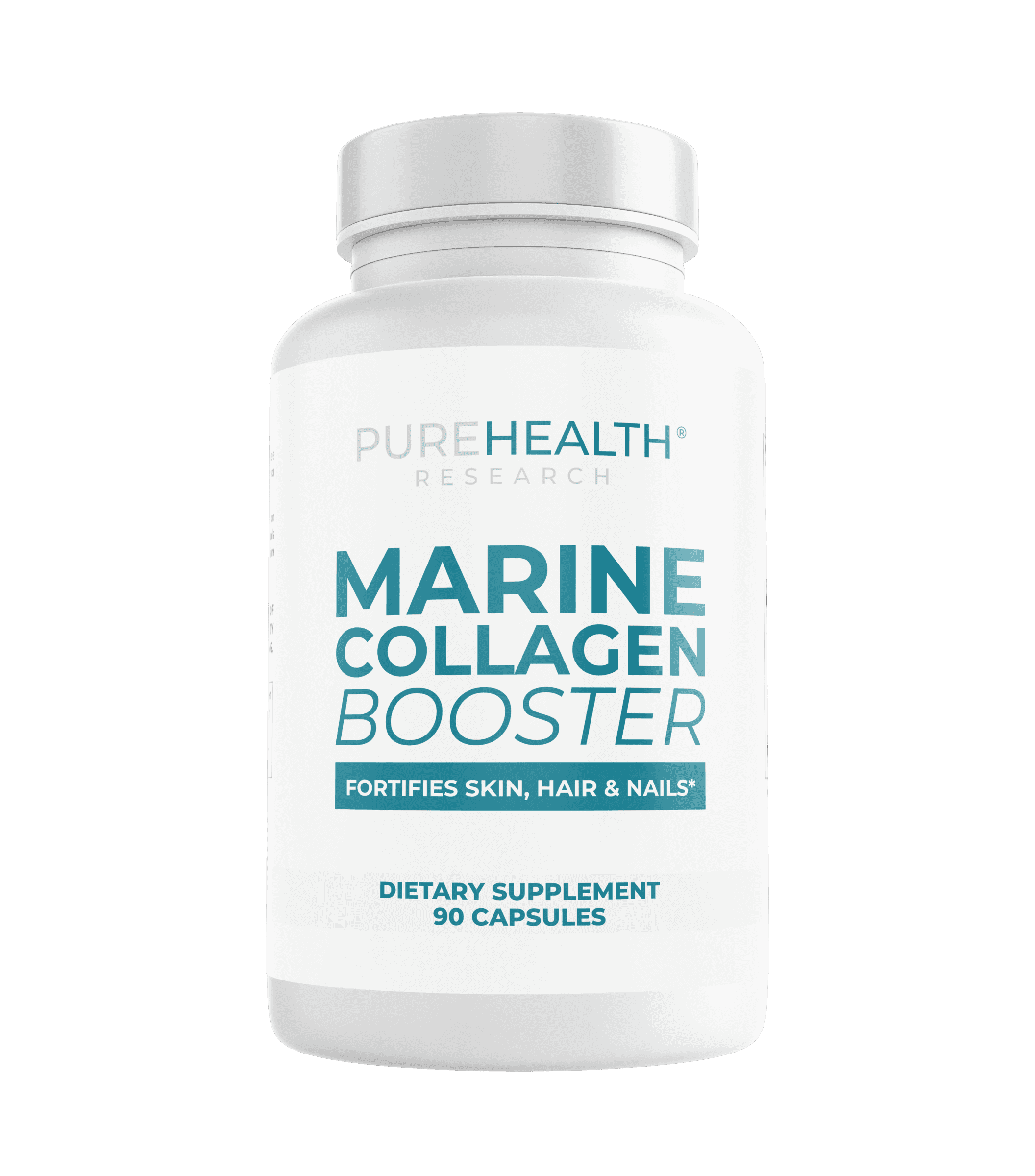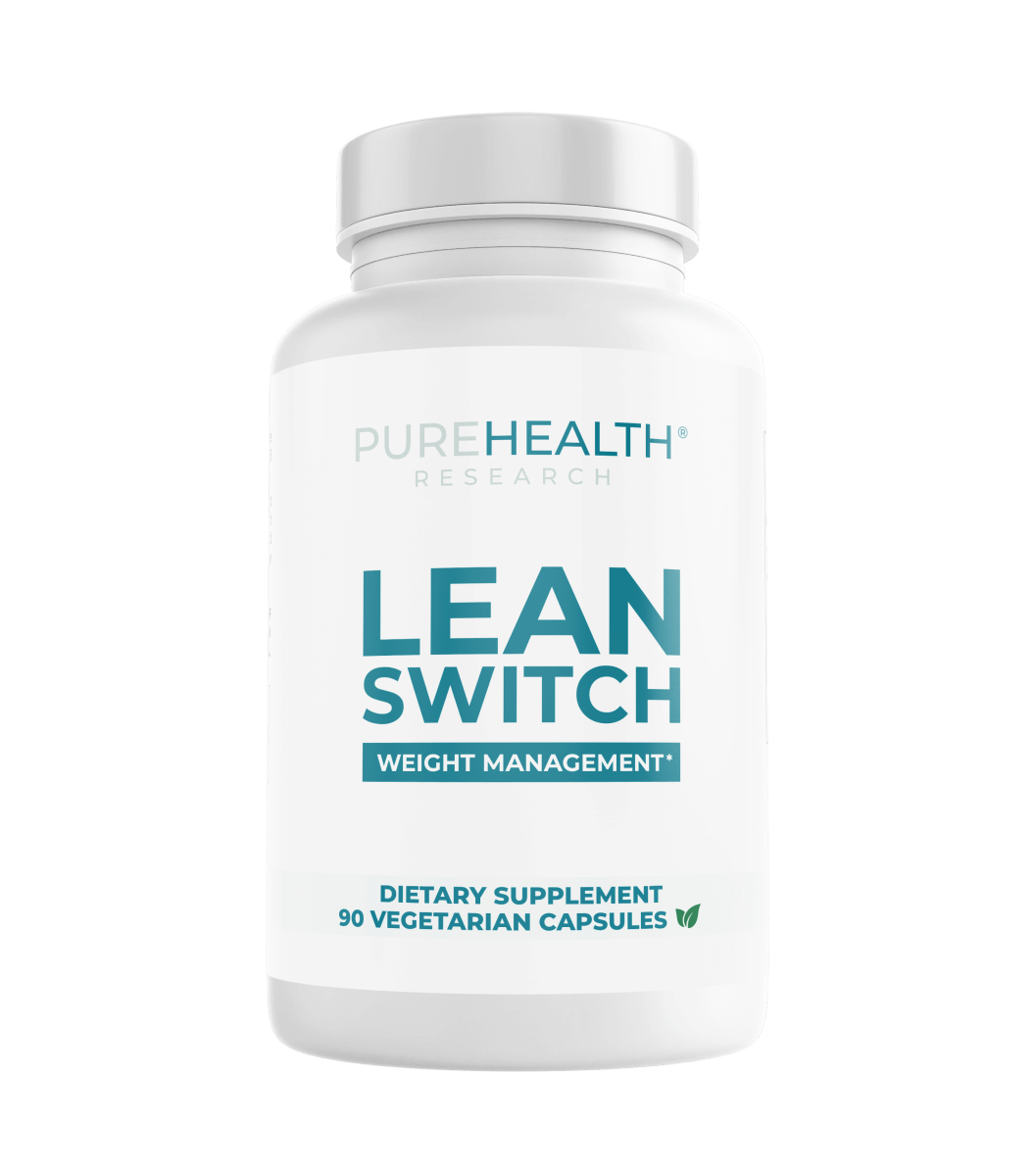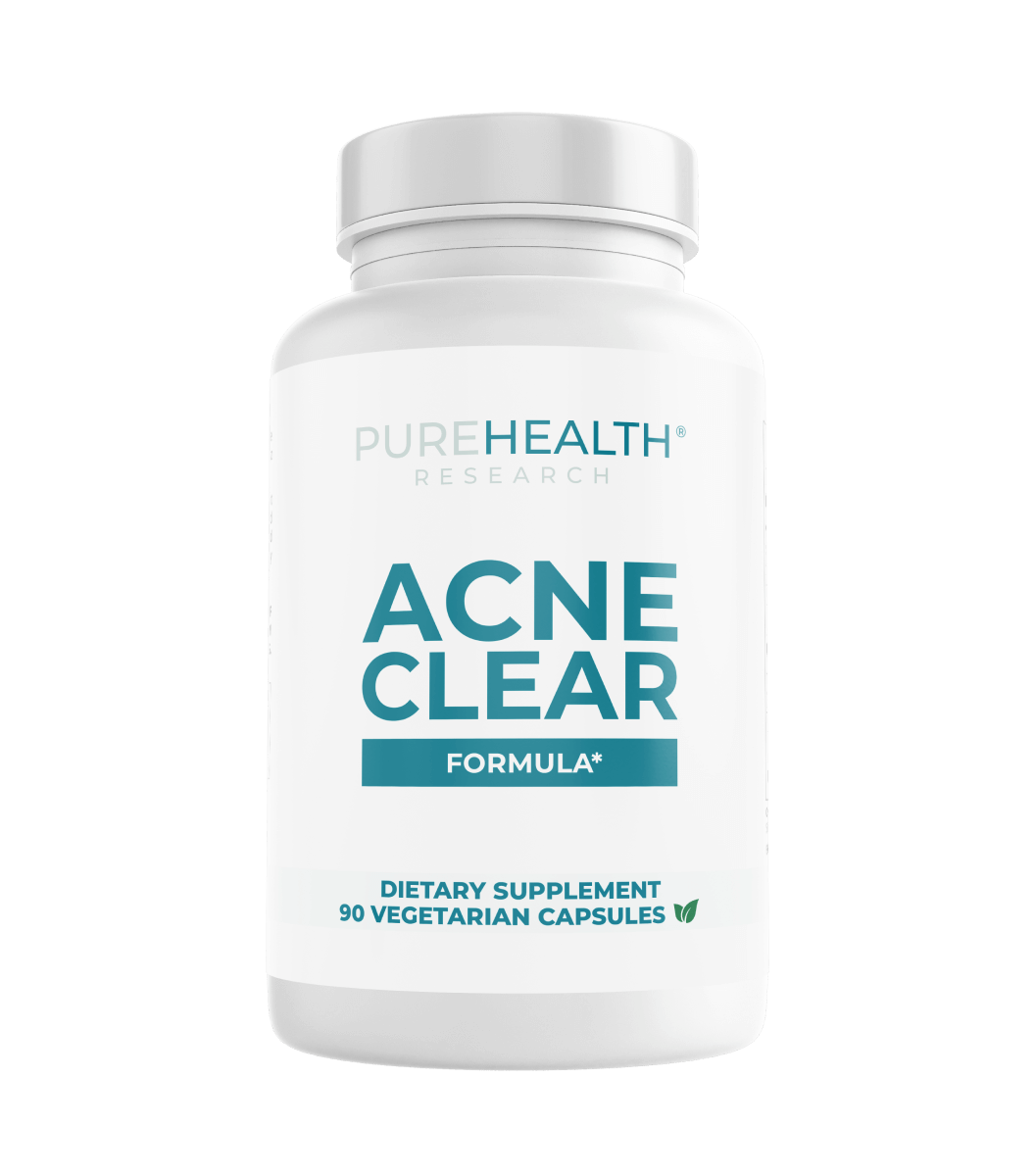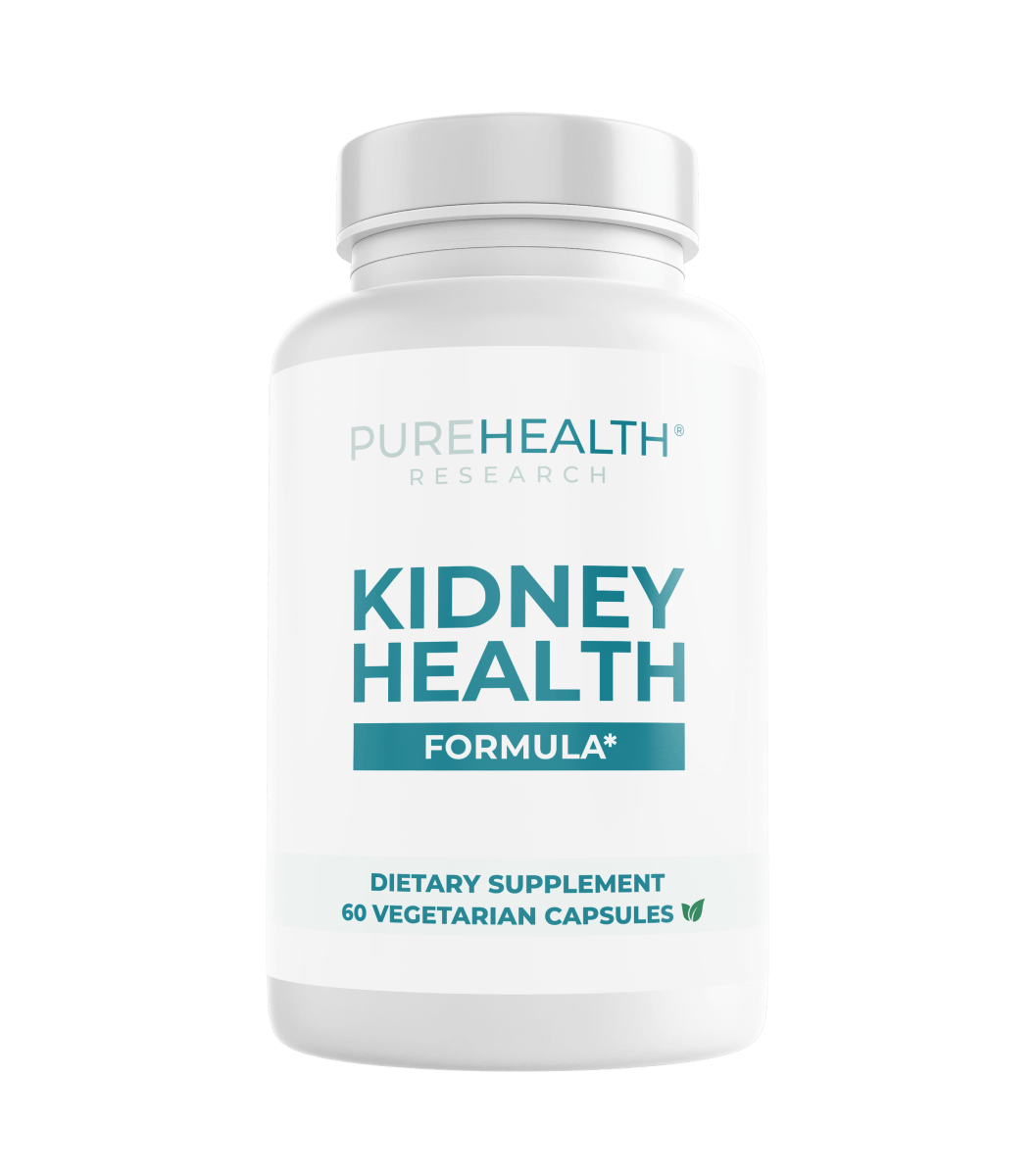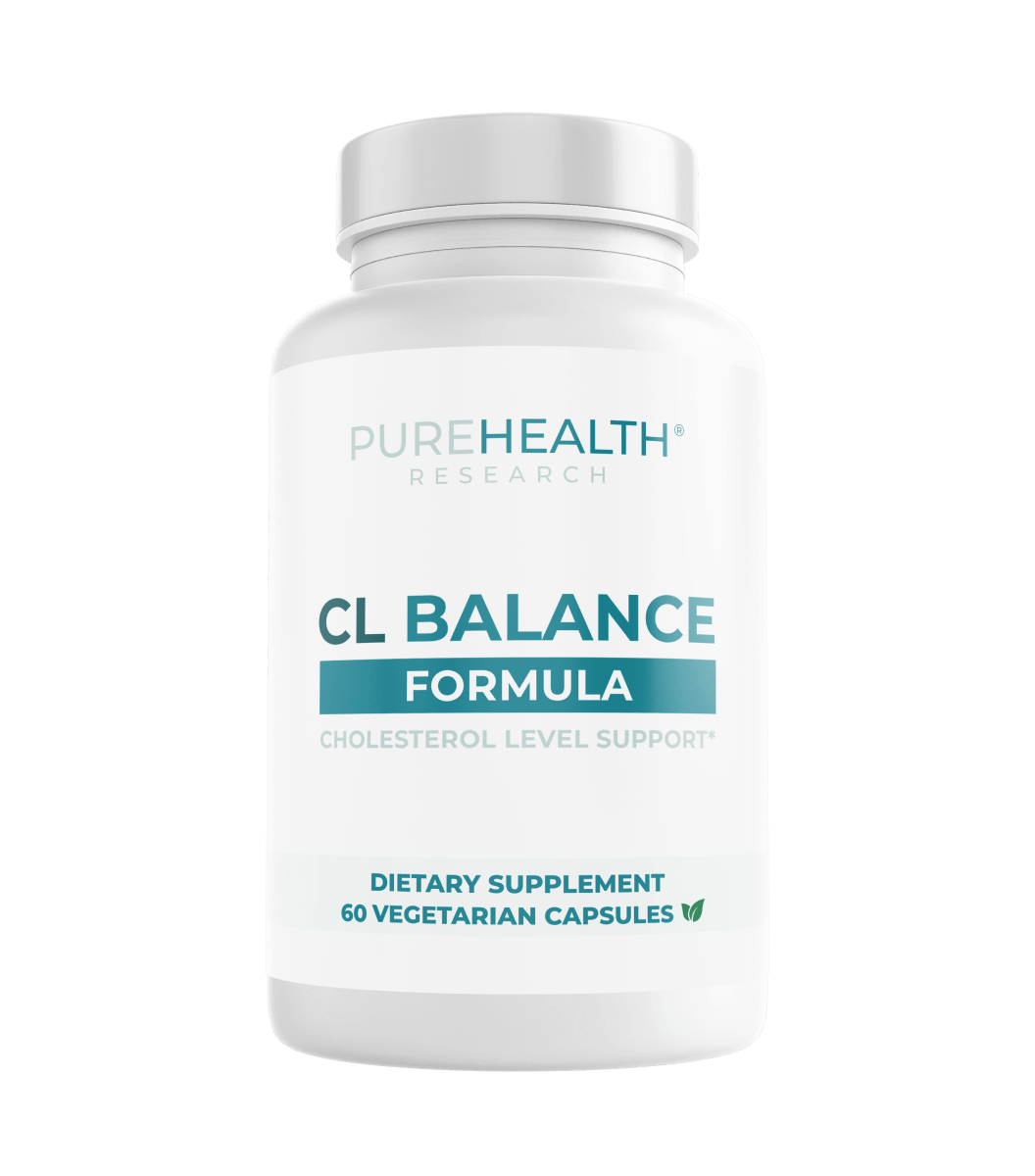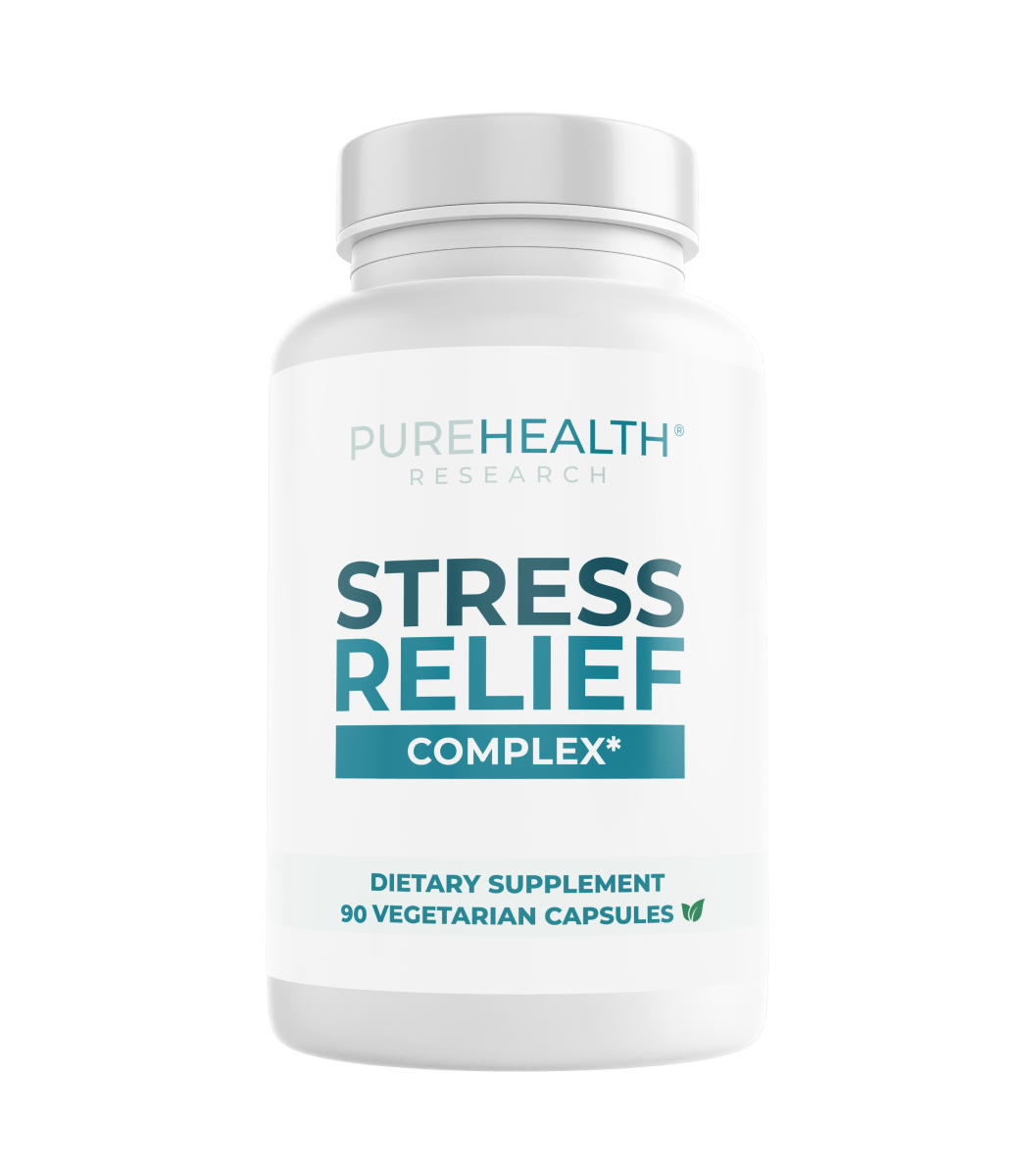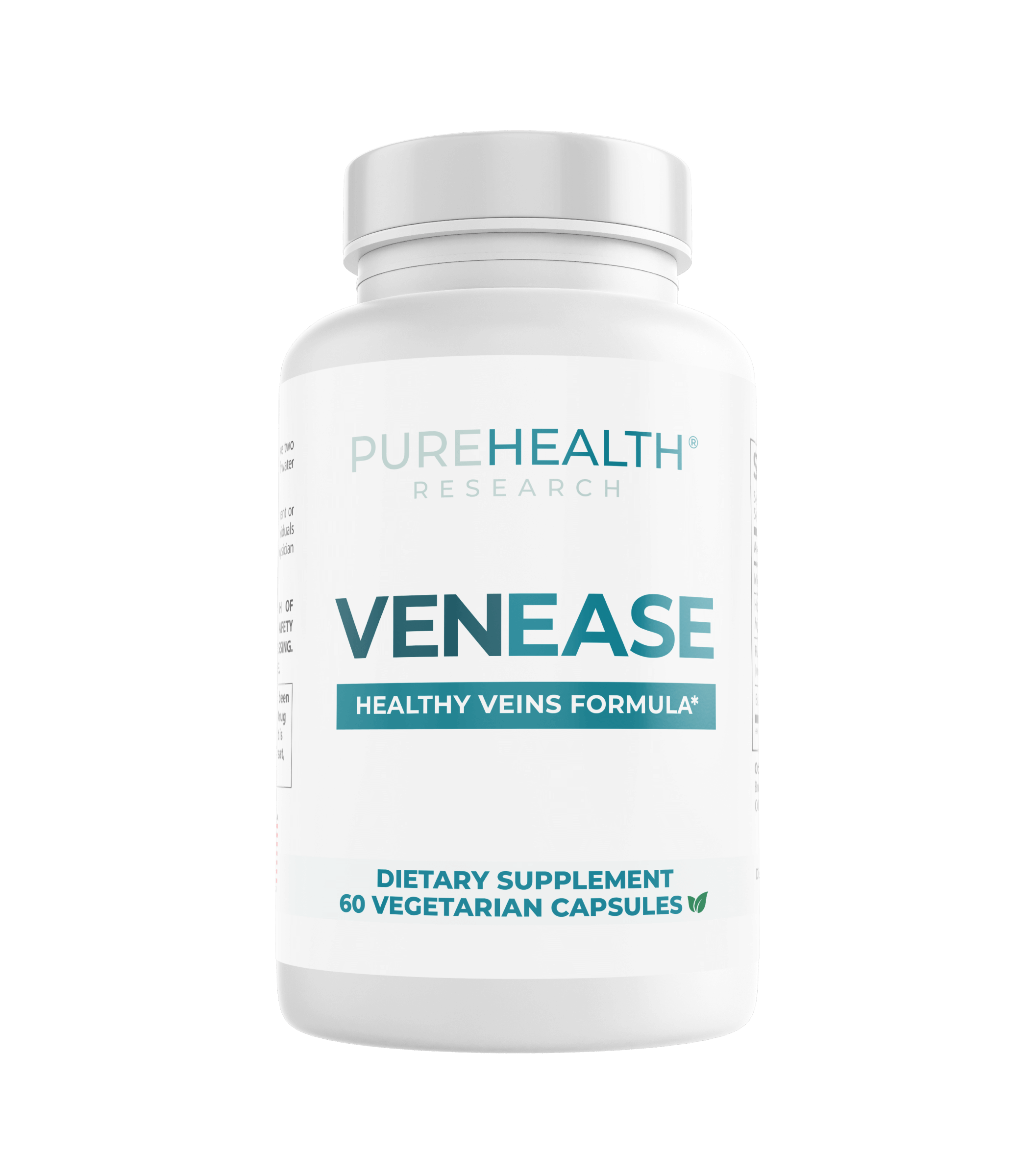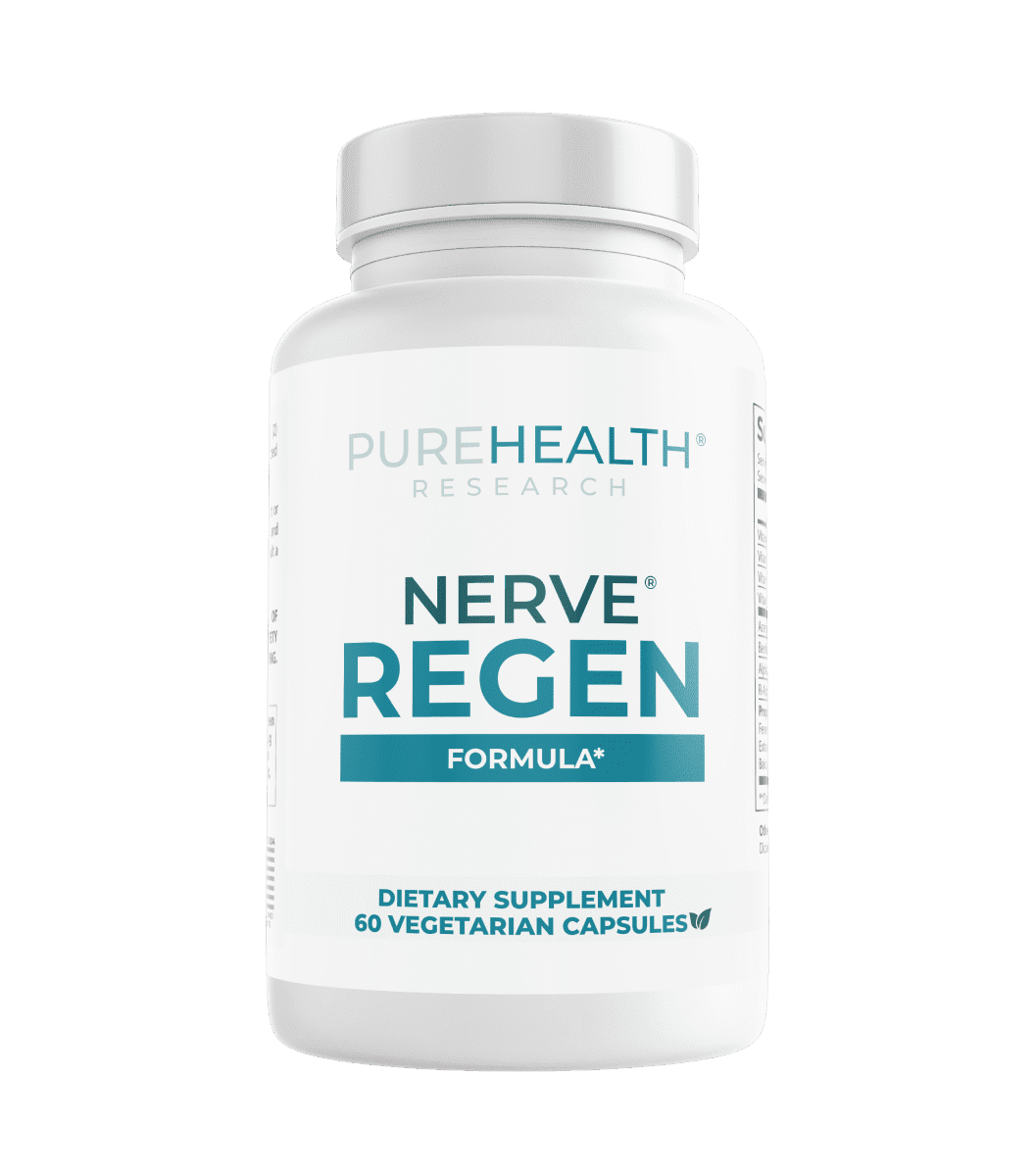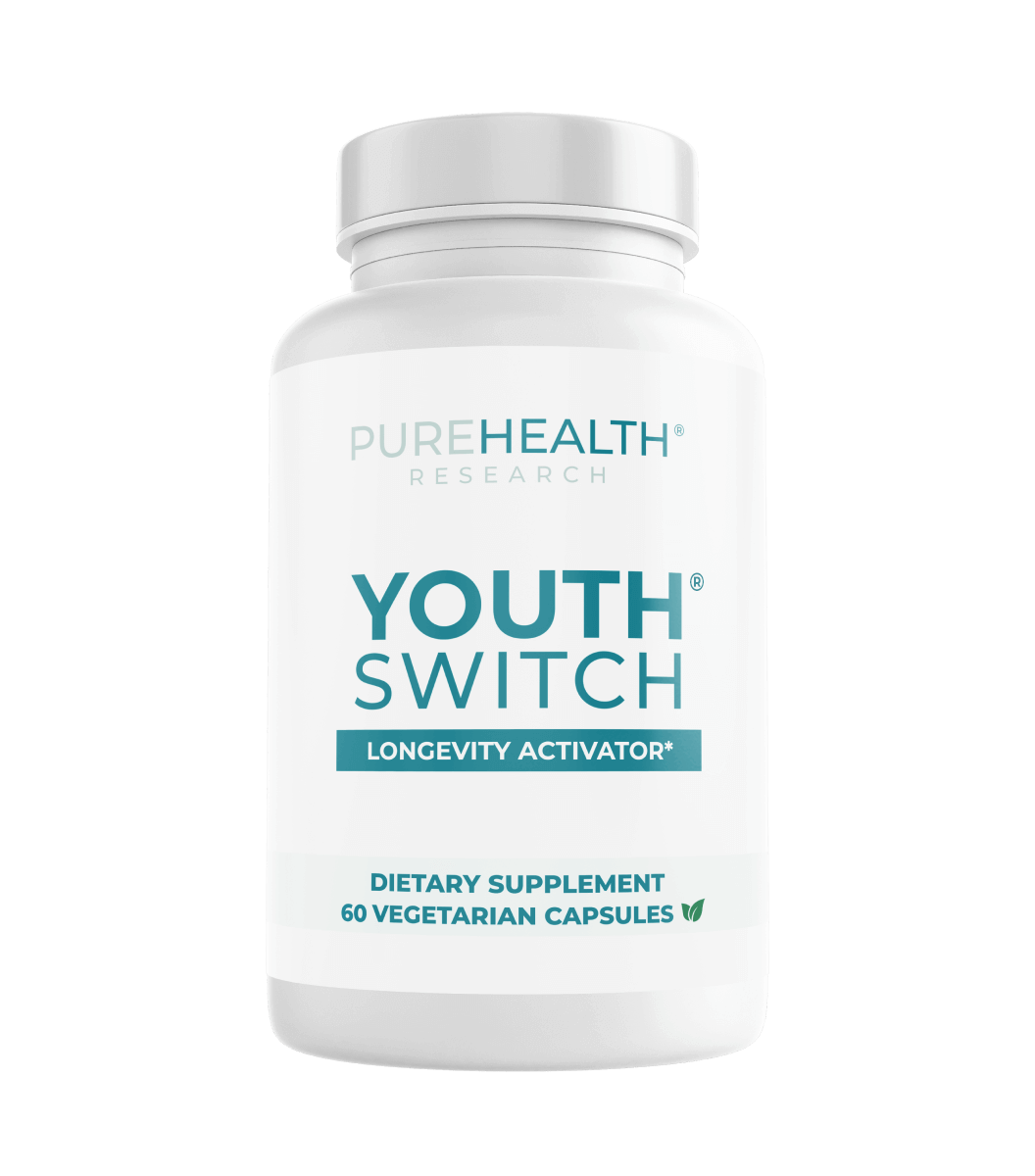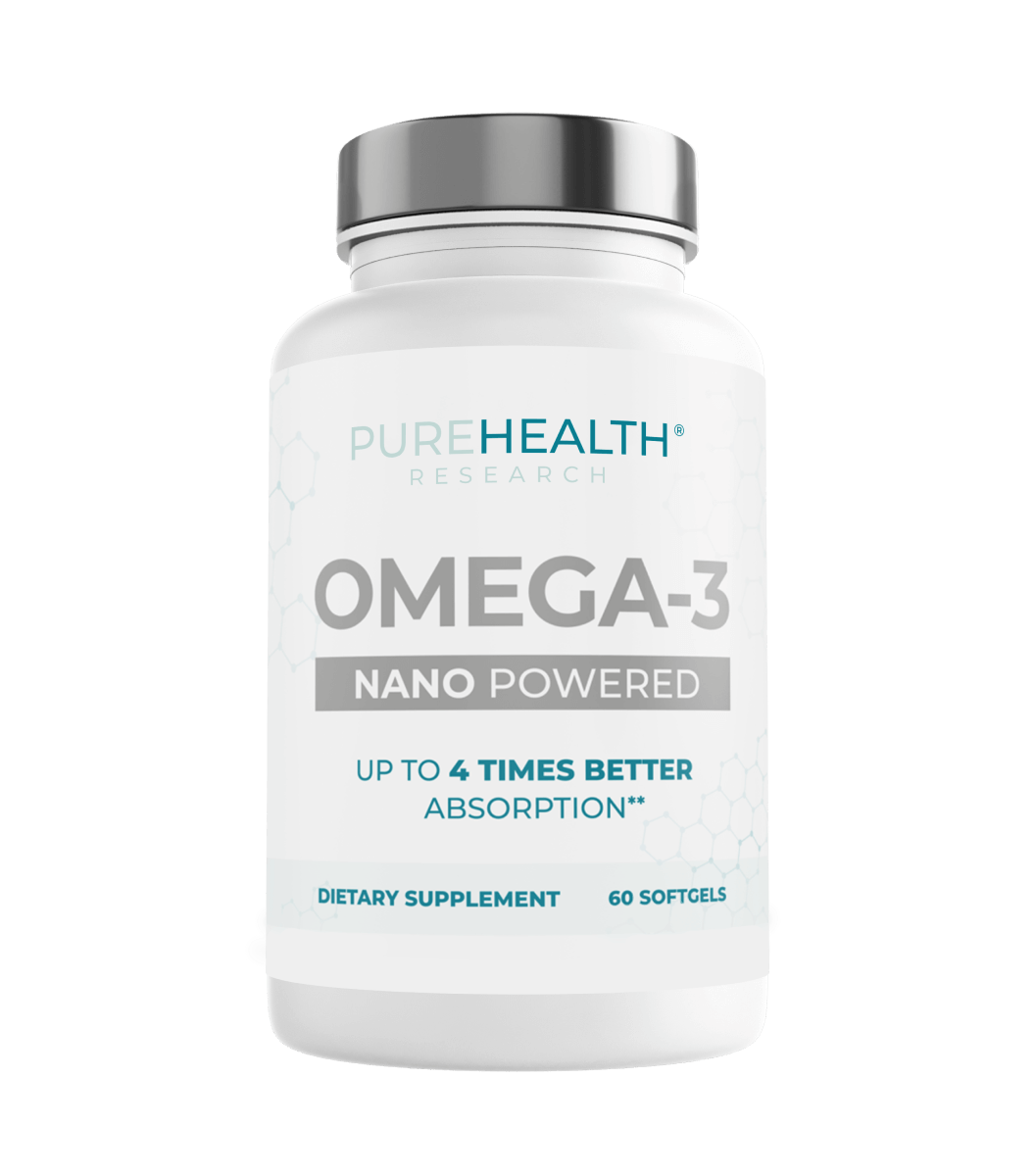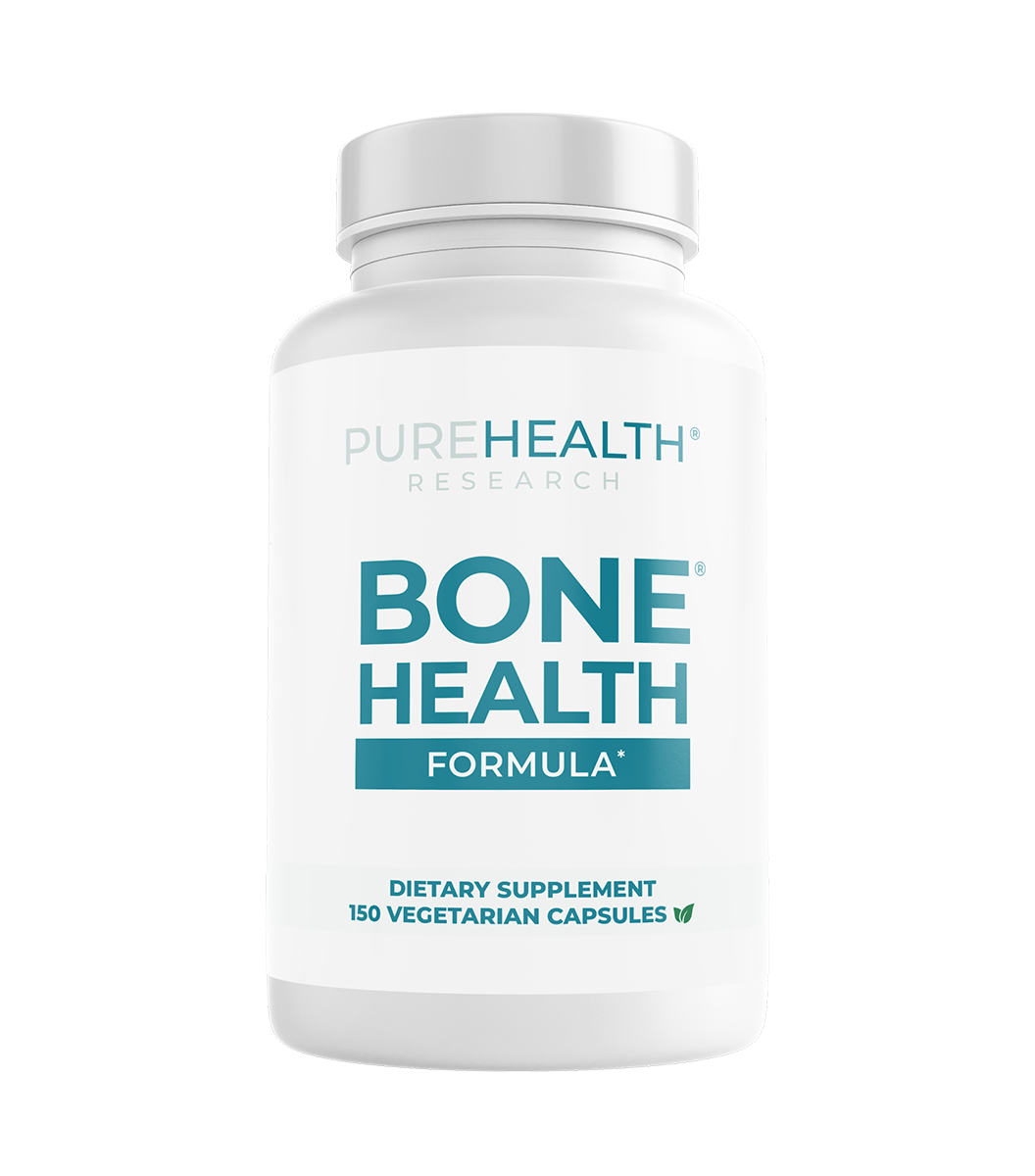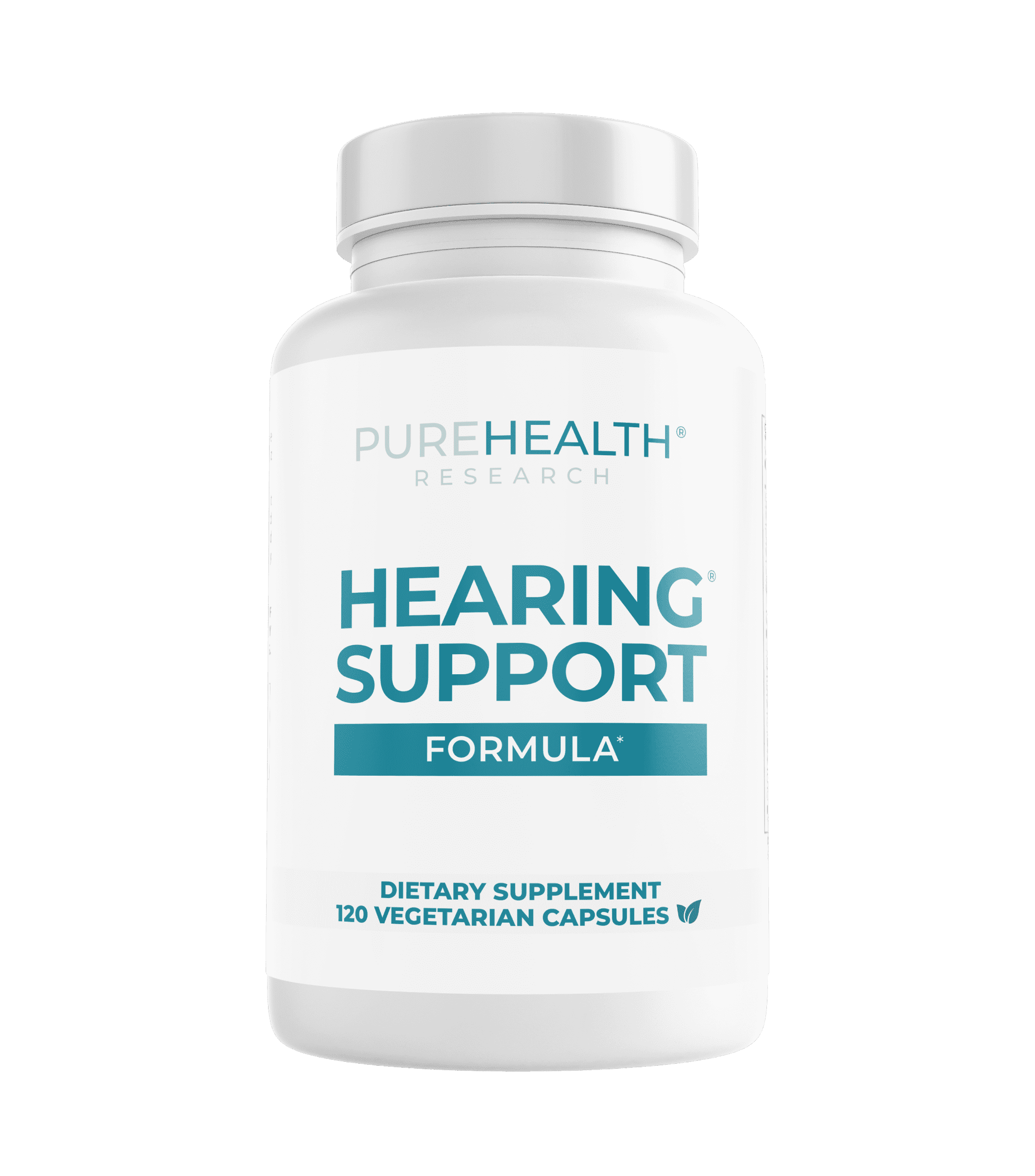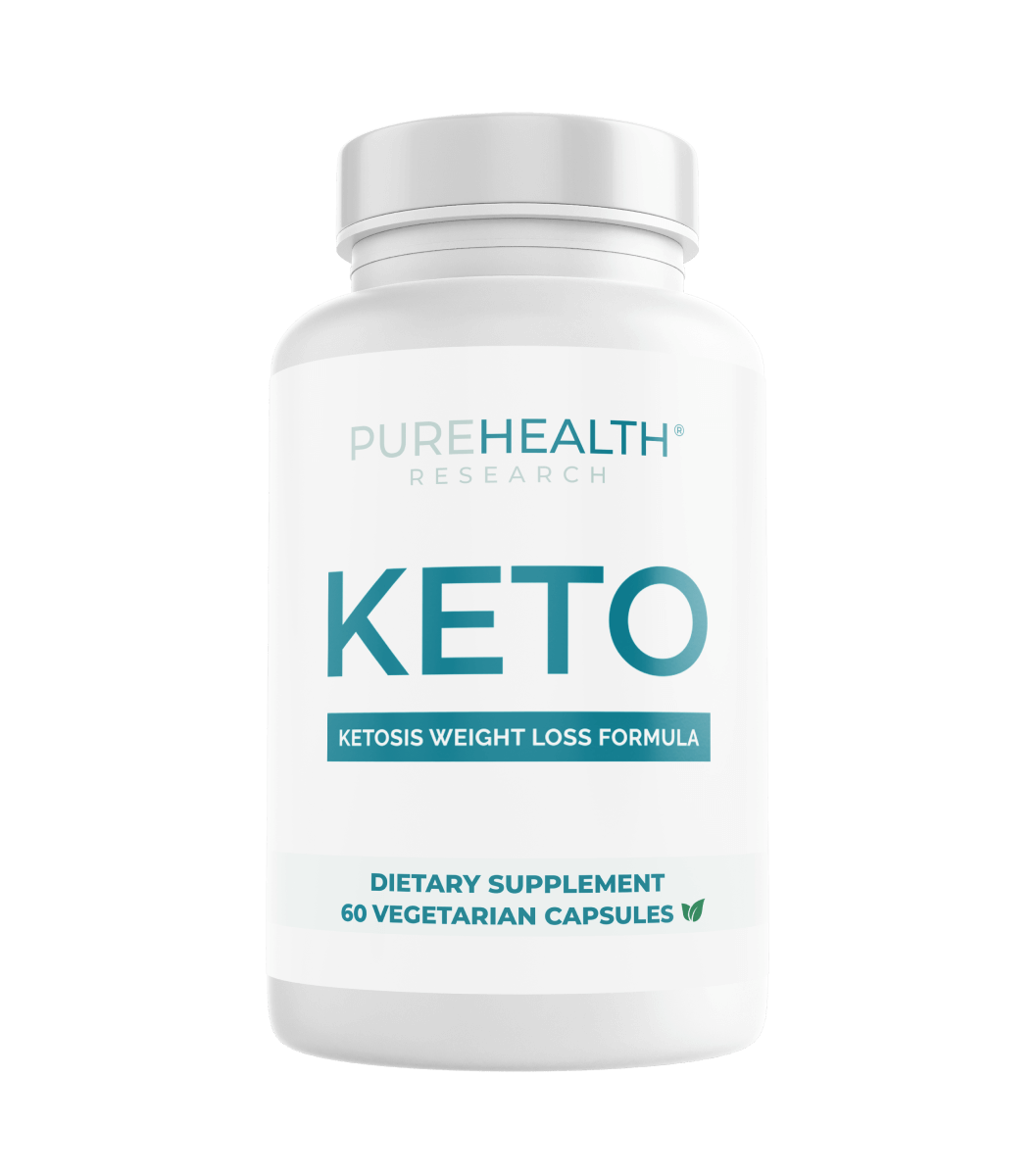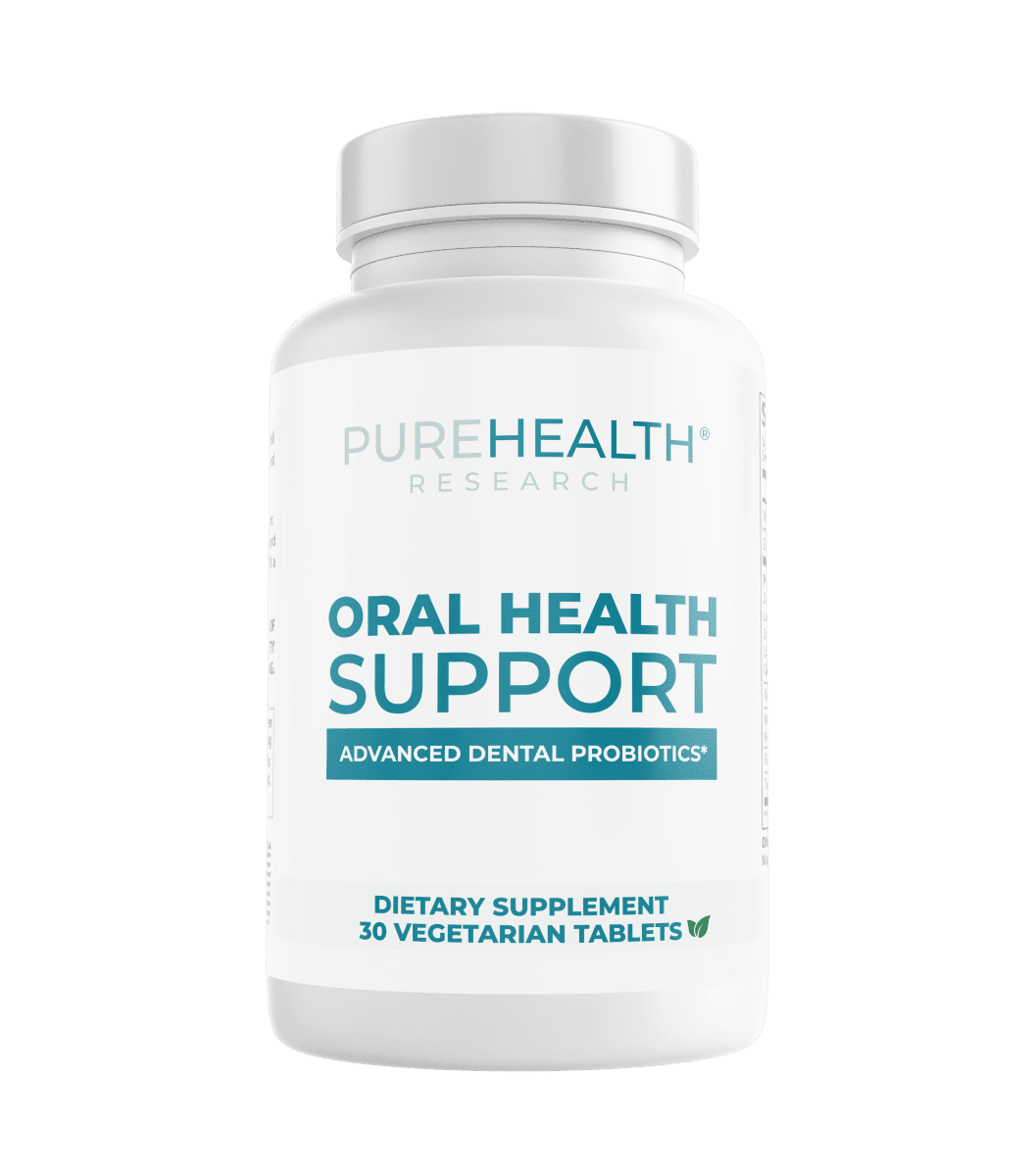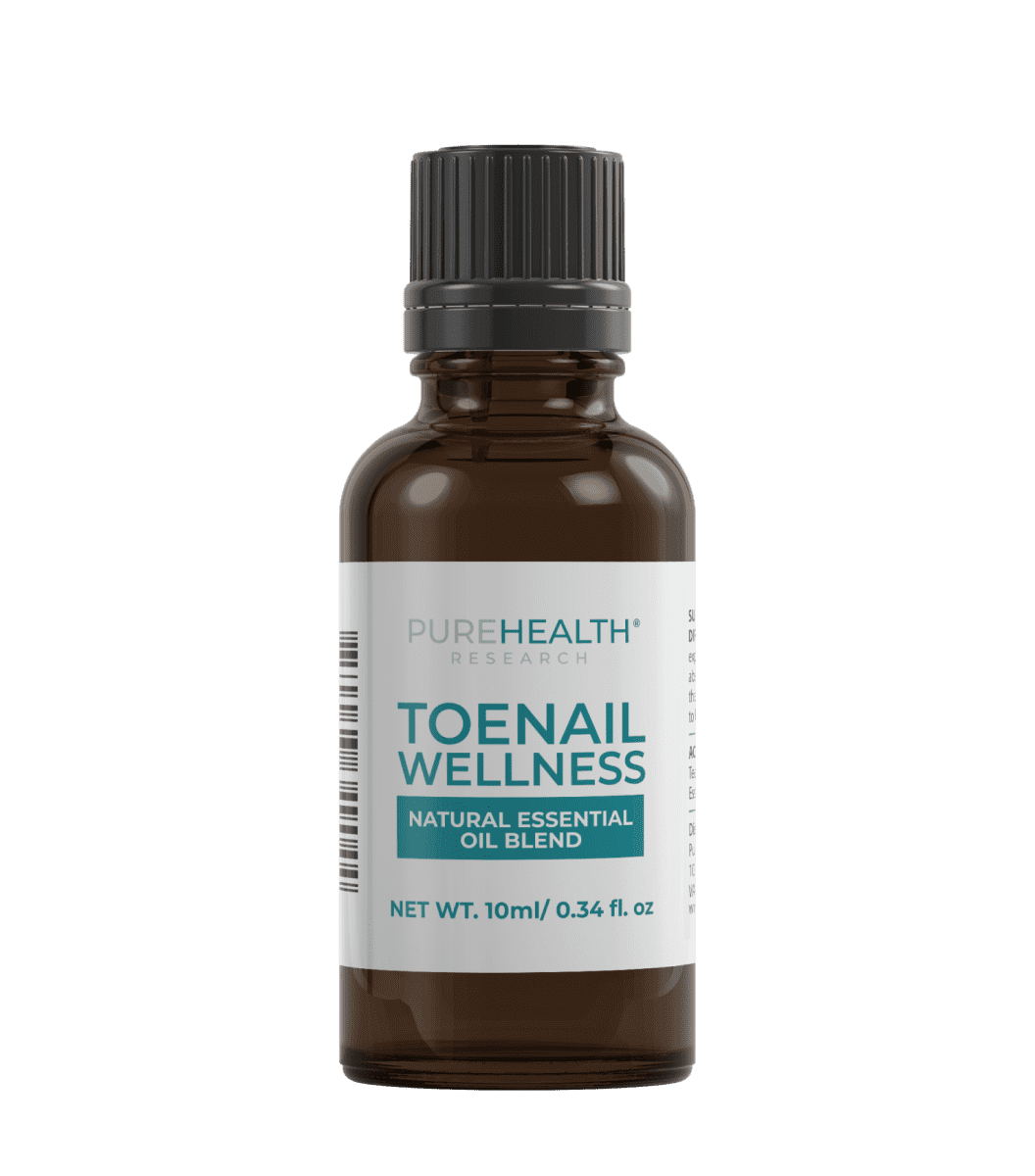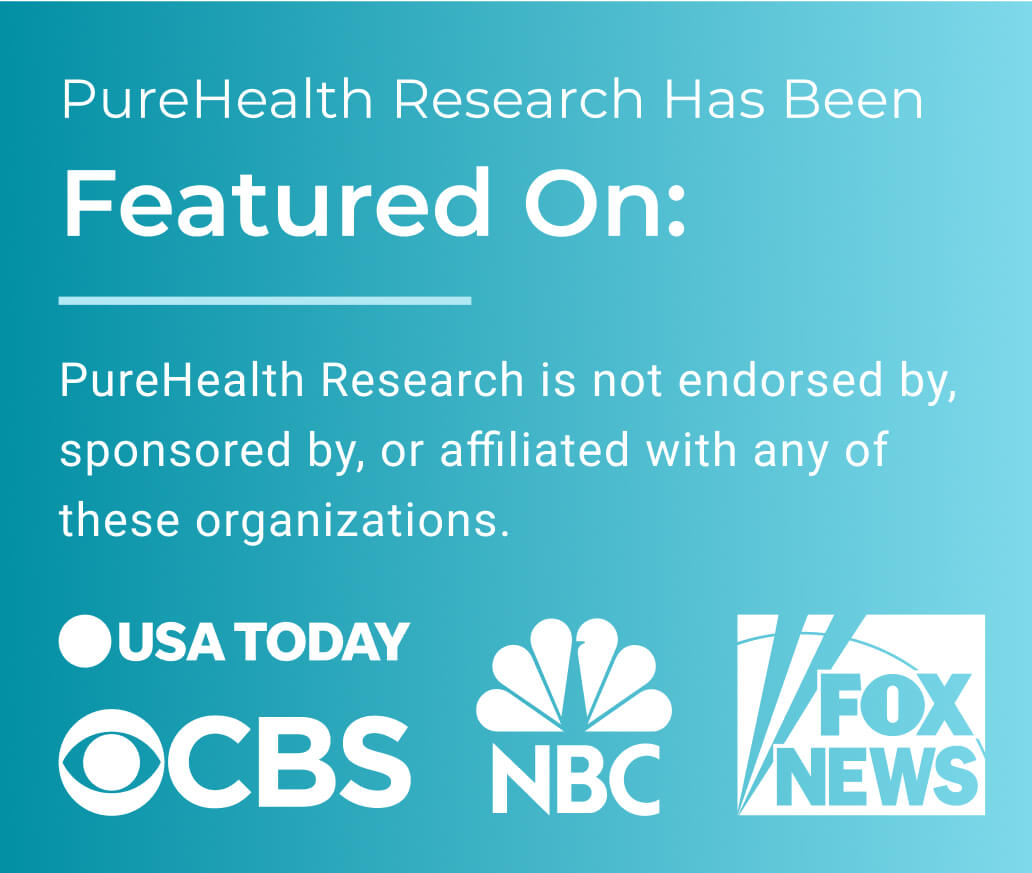




Select Product Category
Product Categories
- Blood Sugar Control
- Bone & Joint Health
- Brain & Mental Health
- Circulation
- Cleanse & Detox
- Energy Management
- Gut Health & Digestion
- Hearing Loss
- Immune System
- Kidney Health
- Liver Health
- Lymph System
- Men's Health
- Nervous System
- Optimal Health
- Skin & Beauty
- Toenail Fungus
- Vein Health
- Vision
- Weight Management
- Women's Health
WHY SUPPLEMENTS FOR VISION ARE IMPORTANT?
Many eye and vision problems can stem from a lack of proper nutrients, and the best vision supplements work to restore these lost nutrients, providing your body with the building blocks it needs to support healthy eyes*.
Supplements for vision may help defend your eyes from the damaging effects of harmful light, such as blue light from digital devices and UV rays from the sun*. They may also support the health of crucial eye structures, including the cornea, macula, lens, and retina*. By promoting healthy circulation and strengthening venous walls, these supplements can help eyes receive the necessary nutrients and oxygen for optimized function*.
Additionally, vision supplements may help reduce the risk of age-related eye issues, such as decay by providing the nutrients needed to help maintain the health of the lens and supporting overall eye function*.

DISCOVER THE BEST SUPPLEMENTS FOR VISION
When selecting supplements for vision, look for products containing ingredients studied for their potential eye health benefits. Key ingredients include Vitamins C and E, Zinc, Copper, Lutein, Zeaxanthin, and herbal extracts like Bilberry and Eyebright.
Vitamin C, a powerful antioxidant, helps defend the structure of the eye. Vitamin E, another antioxidant, may slow the progression of age-related vision problems.
Lutein and Zeaxanthin, two essential carotenoids, defend the eyes from harmful blue light and may reduce the risk of age-related macular decay. Bilberry supports circulation in the eyes and may help reduce eye strain and fatigue. Eyebright, an herb traditionally used for eye health, contains compounds that help reduce eye irritation and pro-inflammatory overactivity.
When seeking a reliable vision supplement, choose a formula that combines these powerful ingredients in optimal proportions. The Complete Vision Formula stands out as comprehensive support, incorporating Lutein, Zeaxanthin, Bilberry, Eyebright Extract, and other essential nutrients, providing targeted nourishment to defend eyesight, reduce eye irritation, and promote overall eye health.

Why Choose PureHealth Research?
At PureHealth Research, we ensure a scientifically-backed approach to wellness by offering products that are gluten-free, dairy-free, soy-free, and GMO-free. We commit to using natural ingredients and conducting rigorous testing, so you can trust in the purity and efficacy of our health solutions.






FAQ
FREQUENTLY ASKED QUESTIONS
What are The Best PureHealth Research Supplements for Vision?
The Complete Vision Formula by PureHealth Research is a top choice for vision supplements. It contains 8 potent, natural ingredients like lutein, zeaxanthin, bilberry, and eyebright extract, each selected for their scientifically proven ability to support healthy eyes and maintain clear vision.
Are These Vision Supplements Safe for Long-term Use?
Complete Vision Formula is made with high-quality, natural ingredients and is generally considered safe for long-term use. However, it's essential to consult your healthcare provider before starting any new supplement regimen, especially if you have pre-existing medical conditions or are taking medications.
How Do Supplements for Vision Work?
Supplements for vision work by providing the essential nutrients needed for optimal eye function. They may help defend eyes from damaging light, support the health of crucial eye structures, promote healthy circulation, and reduce the risk of age-related eye issues by maintaining overall eye health.
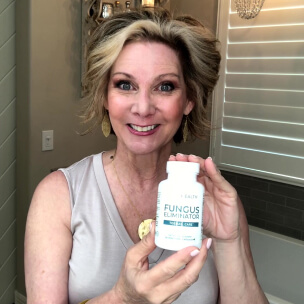

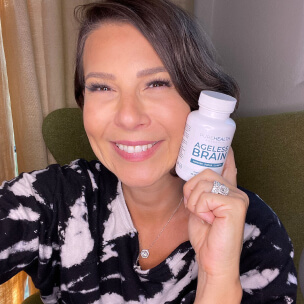
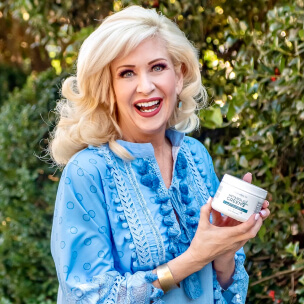
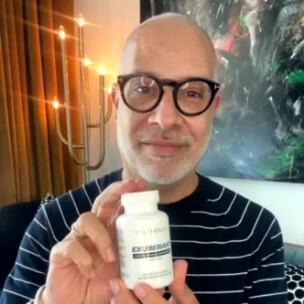
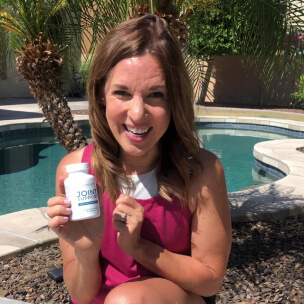
Customer Reviews
This site offers health, wellness, fitness, and nutritional information and is designed for educational purposes only. You should not rely on this information as a substitute for, nor does it replace, professional medical advice, diagnosis, or treatment. If you have any concerns or questions about your health, you should always consult with a physician or other healthcare professional. Do not disregard, avoid, or delay obtaining medical or health-related advice from your healthcare professional because of something you may have read on this site. The use of any information provided on this site is solely at your own risk.
